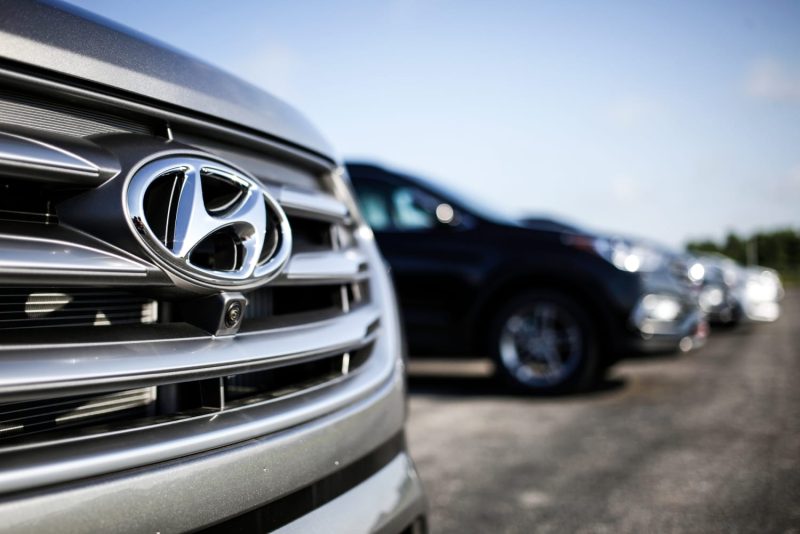The automotive industry has faced numerous challenges over the years, from economic downturns to ethical dilemmas. One recent controversial incident involves Hyundai and Kia, where their unit settled U.S. charges for repossessing service members’ vehicles. This case sheds light on the importance of adhering to laws and regulations, especially when dealing with a vulnerable population.
The Servicemembers Civil Relief Act (SCRA) is a federal law that provides protections to military personnel during their active service. Among its provisions is a cap on the interest rates that can be applied to existing debts of service members. The SCRA also prohibits repossession of vehicles without a court order if the service member took out the loan before entering military service.
In the case of Hyundai and Kia, their unit was accused of violating the SCRA by repossessing vehicles owned by service members without court orders. This action not only disregarded the protections granted to military personnel but also had detrimental effects on the affected individuals and their families. Vehicle repossessions can lead to financial distress, loss of mobility, and added stress during an already challenging time for service members.
The settlement reached between Hyundai and Kia’s unit and the U.S. regulators highlighted the consequences of non-compliance with laws designed to safeguard service members. As part of the agreement, the unit agreed to pay $3.25 million in compensation to the affected service members and a $3.75 million civil penalty.
Beyond the financial implications, this case underscores the importance of corporate responsibility and ethical practices. Companies, especially those in industries like automotive, must prioritize compliance with all applicable laws and regulations. Failure to do so not only damages their reputation but also harms the individuals and communities they serve.
Moving forward, Hyundai, Kia, and other companies should implement robust compliance programs to ensure adherence to laws such as the SCRA. Training employees, conducting regular audits, and fostering a culture of ethical behavior are critical steps in preventing similar incidents from occurring in the future.
In conclusion, the settlement between Hyundai and Kia’s unit and U.S. regulators serves as a crucial reminder of the need for companies to respect and uphold the rights of service members and other vulnerable populations. By prioritizing legal compliance and ethical conduct, businesses can not only avoid costly penalties but also contribute to a more just and transparent society.
